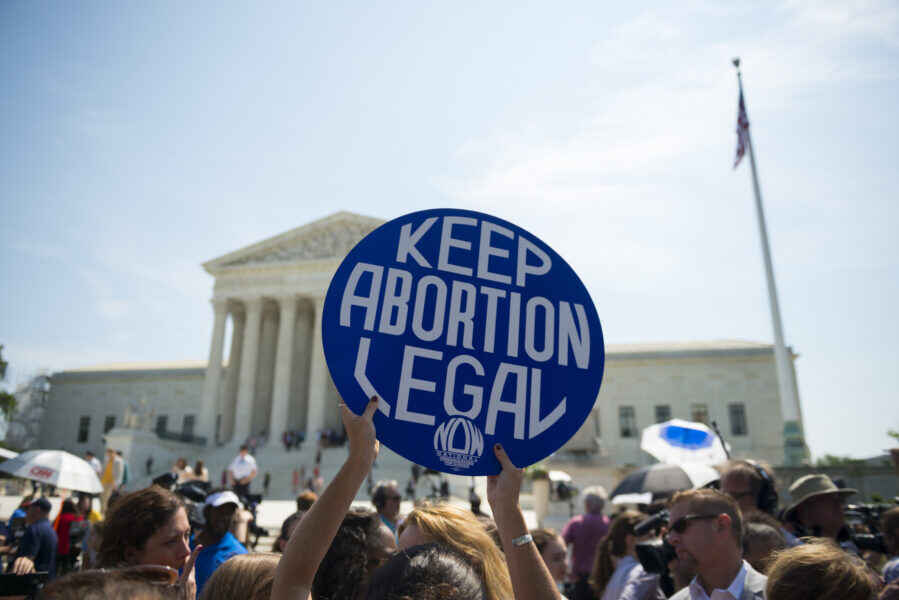
Why Proposed Legislation to End Judicial Deference to Executive Agencies Matters for Public Health
Law & Policy InsightsPublic Health AuthorityEmergency Legal Preparedness and ResponseWhen a judge hears a case involving an agency’s interpretation of a statute, they defer to a qualified party—typically a state or federal agency—for their technical subject matter expertise in interpreting that statute. However, there has been a movement to pass legislation disallowing this practice. While these efforts do not target public health by name, they do make it harder for all agencies to implement needed rules and policies in the future–including state and local health agencies.











